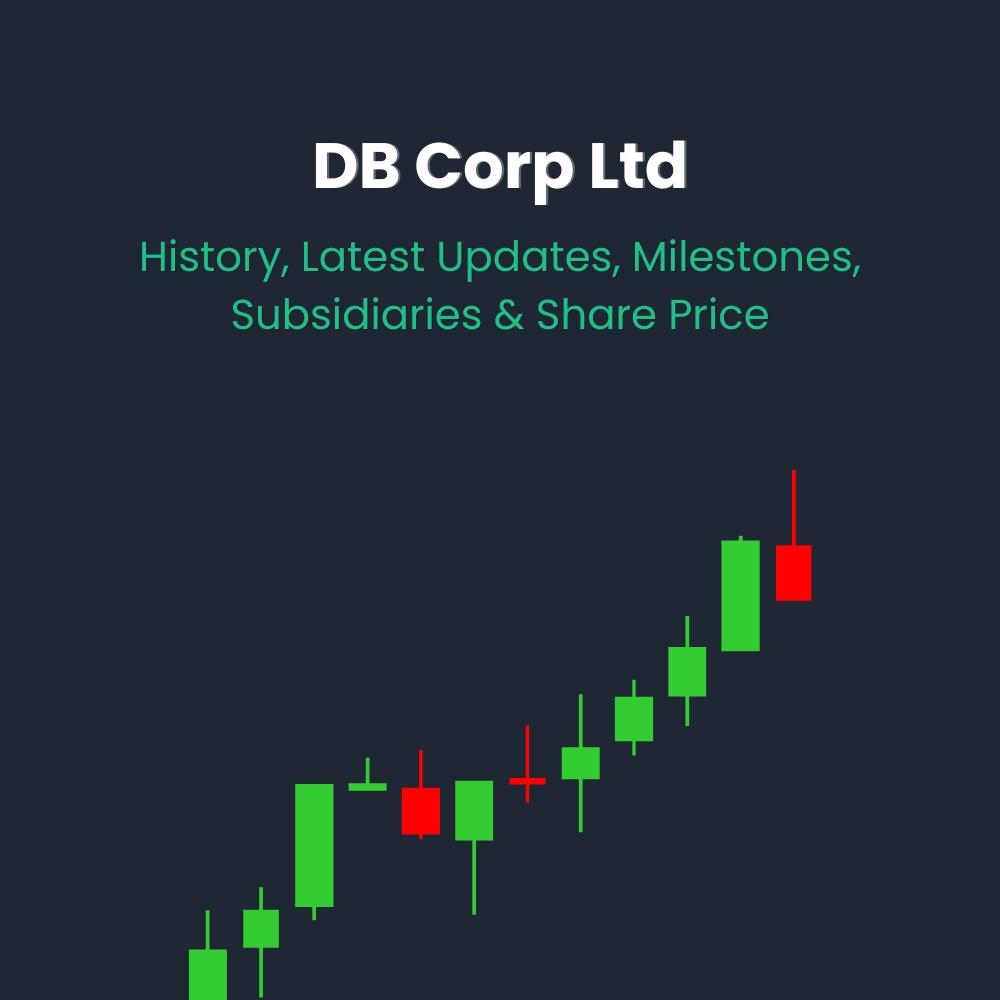Top 10 Best Investment Options In India
Indians belong to the class of people who save greater than 30% of their income, after personal living expenses. (World Bank data, 2020). The top 3 reasons for this could be their worry about tomorrow, future financial independence, and financial security.
To work towards this, we as a people, are known to make sure, first and foremost, about certain priorities like
-
The safety of our savings and investments and
-
How to maximize the return on these investments
"It's not how much money you make, but how much money you keep, how hard it works for you, and how many generations you keep it for." — Robert Kiyosaki.
‘A Sound Investment will eventually pay off!’ is an old adage, but finding a high return investment in India is a process of ifs and buts, depending on so many factors that investors have to consider in each of their choices, such as
-
High as well as regular returns from investment
-
Amount of risk involved in holding them and safety aspects
-
Liquidity of the investments
-
Tax savings and planning
-
Utility for family needs (Education of children, their marriage)
-
Retirement life plans
-
Efforts required to monitor them
-
Ease of understanding of the product before investing
…and so on. You as an investor, are certainly in need of the best stock broker to carry out these complex trades, efficiently.
People face some or all of the above needs at differing points in their life. So, the best investment plan would be the one that ideally fits their top requirements, at that stage.
How Risk Appetite Affects Your Investment Choices
Risk vs Returns that are associated with investments is always a trade-off. To induce an investor to go for a riskier investment, the investor must be rewarded with a higher return.
Investments carry varying degrees of risk in that, invested money could be lost over time due to:
-
Market movements in case of equity or shares (market risk)
-
The depreciating value of investments due to business decisions (business risk)
-
Earnings from investments not keeping pace with the cost of living (inflation risk)
-
Exposure to external economies and currencies (political risk, foreign exchange risk)
-
Ease or difficulty in converting investments to cash (liquidity risk)
-
the focus of investments on one or a few economic segments or product types (concentration risk)
So, every investment option carries one or more of the above risks, associated with it, even the very best investment options in India.
On the other hand, all Investors DO NOT have the same risk barometer or level of risk they can afford to carry on their portfolio of investments, as a whole. This inherent characteristic variation in investors is called Risk Appetite or Risk Tolerance. The risk comfort of investors could be aggressive (high), conservative(low), or moderate (somewhere in between)
Also, this level does not remain the same in the life of the investor. It varies with factors such as
-
Age (Aggressive in younger investors)
-
Period of investment (Longer horizons afford higher risk capacity in products)
-
Targets in the life of investor (Aims in life, reward expectations)
-
Quantum of investments (Larger portfolios, greater risk affordability)
Hence, the best investment option choices made by an investor ultimately depend on how much he can afford to face uncertainties that dictate aggressive-high risk investment or tending towards safety and low-risk assets or a balanced one
Best Investment Options In India
-
Investment options in India have burgeoned in the last few decades opening up a variety of choices for varying risk seekers, across many time horizons and tweaked products that mix and match many attractive features of different asset segments.
-
Further, Automated trading software has become commonplace for retail investors, cutting down the workload. Auto trading software provides trading platforms, which are classic examples of how ‘Automation, when applied to an efficient operation, magnifies its efficiency!
-
Algo trading software used for auto trading is based on mathematical algorithms or a set of predefined rules and conditions (a step-by-step finite plan), in the form of the computational procedure, that requires values to be input at the beginning to complete the structured activity, it is designed to perform.
-
When a clear trading strategy is identified, writing a follow-through algorithm is possible, which can then be executed by a trigger (ie. Events, market price, timelines, etc).
-
The best mobile trading apps are made available to retail traders nowadays, by the best stock trading platforms through functional CRM integration for timely market action.
-
Whether it be manual trading or Algo trading platform based, understanding the ins and outs of some of the core types of investment options in India, will give a fillip in making the right choice to fit everyone’s portfolio:
Stocks
Investing in the Stock or Equity market requires both knowledge of how the capital market and its settlement procedures work. Unlike most other investment products, shares test the analytical and predictive capacity of the investor also. Further, a minimum level of financial analysis of companies being considered for investment as well as the fundamental indicators of the macroeconomy, help add value to investment decisions, one makes. Many times, the investor may even need psychological foresight about human behaviour, before investing in this market.
Stocks are then only invested in securities where returns could be limitless and are twofold:
-
By way of appreciation of share value, after purchase and
-
Dividend payouts (if any) declared from company profits
Robust returns indicate the health and growth potential of the company broadly and make them attractive for the best investment options in India. So, the best shares to invest in would be the ones that provide both these routes of return, to keep the investor happy.
However, stock markets are highly volatile and potentially high risk for novice investors. Further, they attract Capital Gains Tax as well as Income Tax (Dividends) in the hands of the investor (wef 01.04.2020). On the positive side, Exchange trading makes it safe operationally and ensures liquidity.
For the new entrant into share investments, the best stock to invest in could also be blue-chip companies, known to have an excellent market performance, whose prices are indifferent to volatilities or the high Anxiety Index of the market as a whole!
It is an accepted strategy that no portfolio of investment is complete without at least 15 to 20% of holdings loaded with blue-chip stock.
Fixed Deposit
Banks and Post Offices offer fixed period deposit schemes stretching from as short as 7 days, up to 10 years, which are relatively Risk-free. They yield relatively low returns in comparison to many other products. Rates of Interest are largely determined by demand and supply of money and banks’ needs for onward lending to various business and retail borrowers. Interest is paid regularly on a quarterly basis or reinvested for compounding. For the salaried depositor, Recurring deposit accounts are also offered to encourage monthly savings similar to SIPs amongst mutual funds.
Mutual Funds
-
Mutual Funds are an ideal method for small investors to get access to professional managers who know the business of fund management, at an affordable price. The pooling of numerous investors’ money, enables the fund manager to build a portfolio, in a variety of securities such as Equity (shares), Debt instruments such as Government Securities, Corporate Bonds, and Debentures as well as in the shorter-term Money market lending or a Hybrid one.
-
Mutual funds usually offer a Growth (capital gains) or a Dividend option by way of returns. Thus, diversification benefits and risk mitigation are reaped by the small investor through a portfolio approach.
-
The concept of Net Asset Value (NAV) is the per-unit value of the assets invested under the mutual fund and it serves as the benchmark for the performance of the fund as well as the entry or exit price.
-
Systematic Investment Plans(SIP) enable investors to save money in mutual funds in a regular and periodical manner, benefitting from a lower average cost of entry and building of investment over a period of time, without feeling the pinch of setting aside funds in bulk.
Public Provident Fund
Public Provident Fund (PPF) with the guarantee of the Govt of India, is an excellent option for small savers, with returns outperforming bank deposits in general (current rate of interest 7.1%pa) and with tax exemptions thrown in as well, on amounts invested and on interest earned (till year ending 2021, after which interest became taxable).
With a cap of Rs. 1.50 lakh per annum and a minimum savings tenure of 15 years, the deposit accounts can be extended thereafter in 5-year blocks. The account allows for Loans against balances, and withdrawals after the lock-in 15-year period for emergencies.
Senior Citizen Savings Scheme
The SCSS or Senior Citizen Savings Scheme is a one-time deposit account wherein retirement benefits received from employers can grow. The settlement of retirement proceeds from employers, up to a maximum of Rs. 15 lakhs is the investment SCSS is based on. The deposit account will bear quarterly interest (currently @ 7.4% pa), with a maturity term of 5 years, and also allows tax benefits.
Auto trading software provides trading platforms, which are classic examples of how ‘Automation, when applied to an efficient operation, magnifies its efficiency’!
While the primary goal of an investor may be to get the highest returns, the trade-off in terms of risk, liquidity, ever-changing market-related rates, etc, when weighed in tandem, enables investors to understand that, what he/she must aim for is – a diversified, Ideal Asset Mix, and that too at best, an Investor-Specific one!
While every investor makes decisions based on his trade-off between his present needs and future consumption based on known factors, he is not a savant to time travel to assess levels of volatility. So, the best investment options always have in-built in them, natural hedges.
Hedging against volatility through diversification of asset classes has been a time-tested strategy.
-
The classic 60/40 risk spread in equities/debt securities is no longer considered a ‘Well-hedged investment portfolio’
-
With the hybridization of investment products and the birth of multifarious cross-over Asset genres (such as Options & Futures, ETFs, Index futures, etc.), being made available easily to the retail investor, their investment must span many more segments and weights, to ride the Bull and the Bear markets equally confidently, along with an ocean of Wholesale investors.
Now, more than ever, technological strides have empowered the retail investor with the tools to invest and trade, 24 x 7, in this variety of complex products, in a leveraged manner.
You can make this empowerment, a boon or a bane… So, be an enlightened investor!



